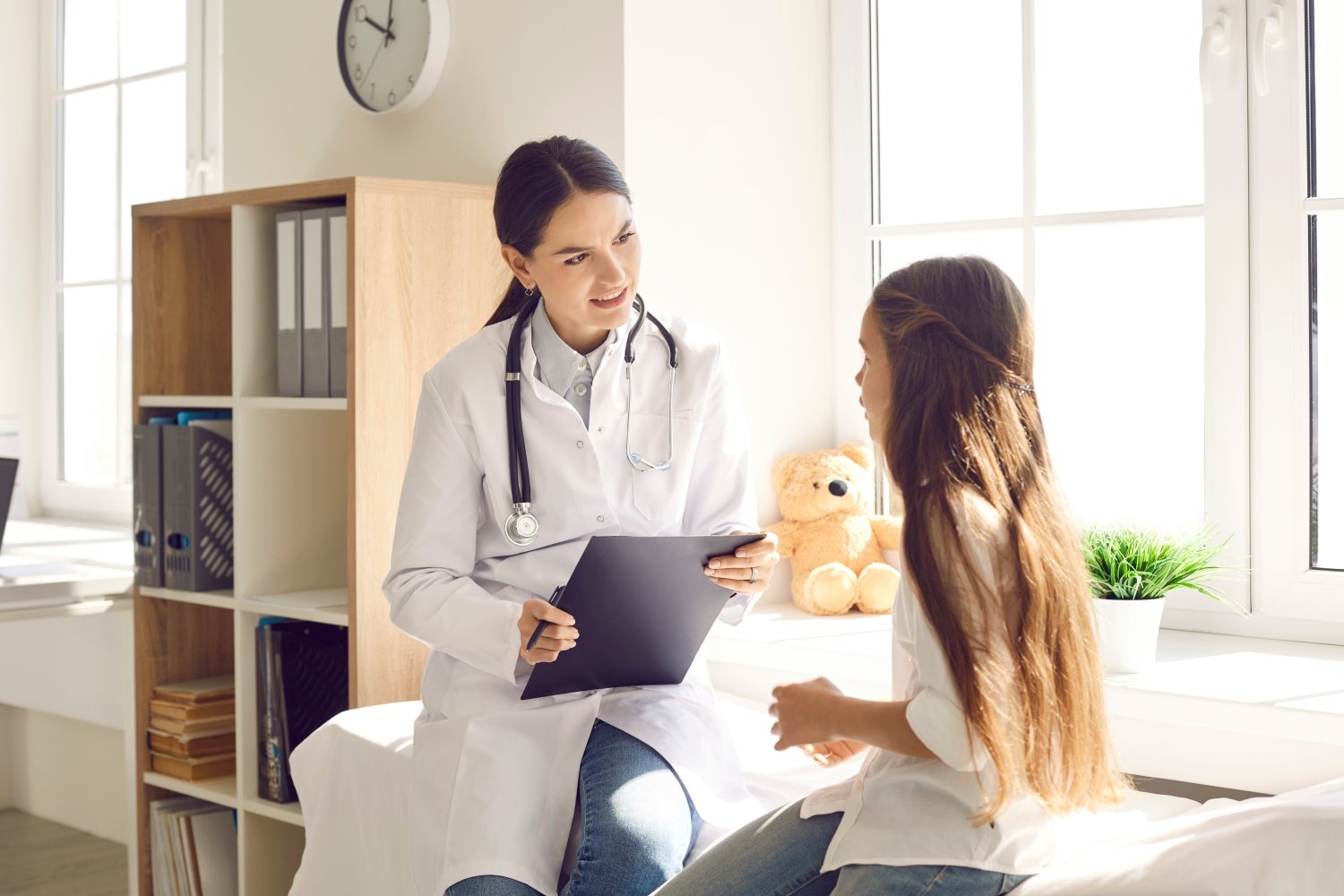MIT linQ announces 2017 class of IDEA^2 Global | MIT News
Fifteen international teams developing new biomedical technologies to benefit from innovation training and expert resources.
MIT linQ, an international biomedical technology innovation consortium based in MIT's Institute for Medical Engineering and Sciences (IMES), has announced the 15 teams admitted to the IDEA² Global mentorship program for 2017. The seven-month program provides intensive innovation method training, collaborative project development, and team-specific mentoring and expertise to help teams move novel health technology ideas toward real-world application.
“The teams are very strong and the projects are interesting and diverse, ranging from diagnostics to treatments and covering many disease areas,” said Mercedes Balcells-Camps, program chair of IDEA² Global and a principal research scientist at MIT. “The teams are very multidisciplinary, and they base their proposed solutions to unmet clinical needs on solid research results.”
Proposals to IDEA² Global were invited from anywhere in the world, and many were prequalified by the program’s partners. These partners, dedicated to fostering biomedical technology innovation, include IMES; the Foundation for Innovation and Prospective Health (FIPSE), a Spain-based nonprofit dedicated to advancing new health care technologies; the Medicine Innovation Program at Massachusetts General Hospital; PDS, an information technology services and innovation company; and MIT Hacking Medicine.
The projects selected for 2017 included are:
The teams were selected competitively based on their potential for impact and readiness for additional support. “The mentoring will help each project to evolve and to answer questions they have now. We selected these because we thought IDEA² could help them address their challenges,” Balcells-Camps said.
Professors and IDEA² Global faculty co-chairs Martha Gray of MIT and Mehmet Toner of Harvard Medical School, agree: “This is an exciting group of projects. We expect to see great progress as they meet with their expert mentors and undergo innovation training, in the service of realizing potentially important new medical technology innovations.”
The teams will meet at MIT in June for an initial workshop to sharpen the focus on the medical need they intend to address. They will then be matched with project mentors and subject and technology experts to help them develop their project over the summer. In October, the teams will meet again in a workshop to refine their project definition. Finally, in December they will gather to make their final pitches to a panel of judges, who will name the best projects.
Teams in past editions of IDEA² Global found the project mentorship and specialized expertise helped them strengthen their projects. In some cases, teams even shift their focus on a problem with even greater healthcare potential. Alex Krull, a member of 2016 IDEA² Global team Echo Diagnostics, said “We’re now at the point where we can start running with this idea. … We could have run with a flawed idea for who knows how long. From a business and efficiency perspective, I got years’ worth of real insight.”
Reprinted with permission of MIT News
